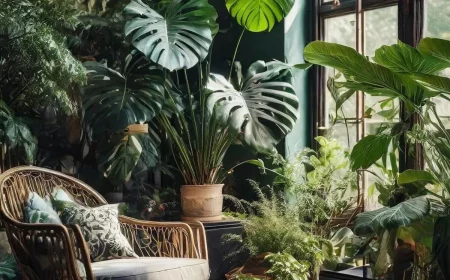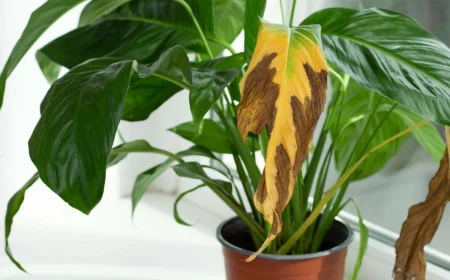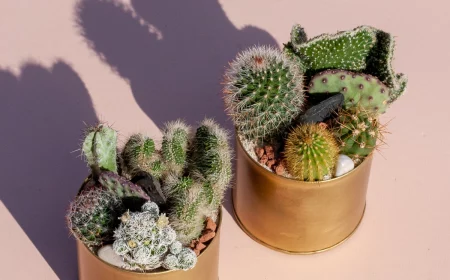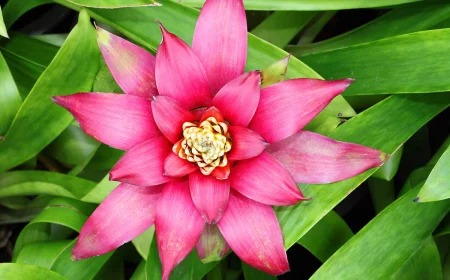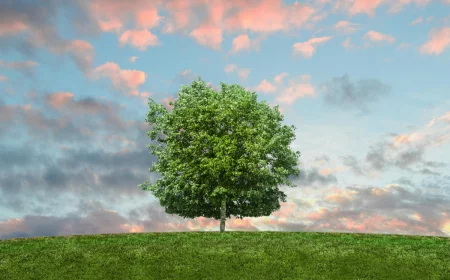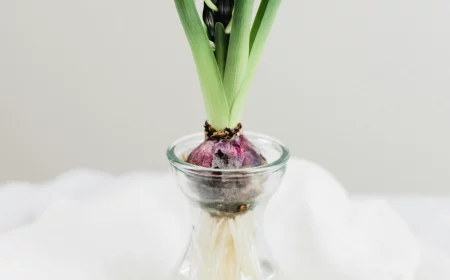What Not To Compost And Why – The Ultimate Guide
Composting is a great way to turn your organic waste into a nutrient-rich soil for your garden. It is a very simple and sustainable process that holds a ton of benefits. The process of composting involves breaking down the organic materials from your food scraps and yard waste, which creates a soil amendment. This amendment helps improve your soil structure, water retention, nutritional value, and your plant growth process. However, not everything is suitable for composting. While you may think that all your food scraps or garden waste are organic, thus they can be tossed in the pile, that is actually not true. There are some things that can potentially be harmful to your compost pile, as they will slow down the decomposition process and introduce harmful pathogens and toxins. That’s why today we will show you what not to compost, so you can avoid these harmful materials.
Composting is a great way to turn your organic waste into a nutrient-rich soil for your garden
In this article
What Not To Compost
Knowing what you shouldn’t compost is just as important as know what you should add to your pile. Even though some materials are considered organic, doesn’t make them suitable for your compost pile. So, today we will show you some of the most common things you should keep far away from your pile and why. This way you can easily create a thriving soil amendment that will help your plants grow healthy and strong.
Knowing what you shouldn’t compost is just as important as know what you should add to your pile
#Meat and Bones
All types of meat scraps and bones are a big compost don’t. While there are some specialized composters that can deal with this type of waste, your usual compost piles cannot. There are several reasons why you should keep this type of waste far away from your compost pile. In general, meat, fish, and bones decompose very slowly and stink like hell, which means they can easily attract pests like rats, raccoons, flies, and so on. This type of waste also contains a ton of bad bacteria that can be transferred onto your beautiful plants, causing you health problems in the long run.
All types of meat scraps and bones are a big compost don’t
#Dairy Products and Eggs
Materials like dairy products and eggs do not compost well. Once they start to break down and ferment, they will start to stink. Like, really stink. That sour milk and rotten egg smell will linger all around your garden and home, making it very welcoming for pests and scavengers. Plus, since these products are high in proteins and fats, they take longer to break down, which means your pile will be stinking for a long time. And much like with meat, these materials also increase the risk of harmful bacteria surviving in your compost, which is harmful to your plants and you.
Materials like dairy products and eggs do not compost well
#Grease and Fat
It’s best to keep all types of grease and fats away from your compost pile. This includes butter, cooking oil, animal fat and so on. This is because water and oil do not mix. And since moisture is one of the key components of the composting process, such food items are considered non-compostable, as they will not break down. All they will do is shift the moisture balance, start to smell and attract a bunch of pests.
It’s best to keep all types of grease and fats away from your compost pile
#Citrus and Onions Peels
Citrus peels may seem like they belong in the compost bin, but they are far from a good match. These peels take a loooong time to decompose, but that is not why you shouldn’t be putting them in the pile. Since they are of acidic nature hey can throw off the pH of your compost pile and slow down the overall decomposition process. The citrus acid can also kill the hardworking worms in your pile. And like citrus peels, onion and garlic scraps are also not recommended for the compost pile, as they can also kill worms and other beneficial organism essentials.
Citrus peels may seem like they belong in the compost bin, but they are far from a good match
#Baked Goods and Grains
There is no place for cooked grains or baked goods in your pile, especially if they have a high sugar content or have a confections glaze. These types of materials will breed harmful bacteria in your pile and are a sure way to attract pests, like rodents. You can compost plain bread that is hard and stale, as well as uncooked rice and pasta in moderation, but in general, it is recommended to keep these foods away from the pile.
There is no place for cooked grains or baked goods in your pile
#Packaging
This one is an obvious one, but it is important to have as a reminder. Any packaging that is non-sustainable and has a plastic or foil layer just isn’t meant for your compost pile. This also goes for the stickers on fruits and some bioplastic packaging and cellophane that can only be composted in facilities. Keep things like cookie bags, waxy-lined paper cups, “biodegradable” trash bags, juice boxes and so on fat away from your compost pile.
Any packaging that is non-sustainable and has a plastic or foil layer just isn’t meant for your compost pile
#Plants Treated With Pesticides
While plants are organic and can be composted in your pile, there are a couple of exceptions. Don’t add any plants that have been treated with pesticides (including insecticides, fungicides, or herbicides), as well as any types of preservatives. The residue of the chemicals used in these items can unintentionally kill a lot of beneficial composting organism in your pile and it may even affect plants that the compost is added to. This also means you should not add any wood that is treated, painted, stained or varnished.
Don’t add any plants that have been treated with pesticides
#Diseased and Toxic Plants
A lot of compost bins and piles do not reach and maintain a temperature between 140 and 145 degrees Fahrenheit, which means that it can not kill any insects or diseased pathogens. That’s why it is recommended to keep diseased plants far away from the pile. It’s also not recommended to add any naturally toxic plants to your pile like the Oleander or the Black walnut tree. All the harmful compounds will impact the pile negatively, as well as the plants it has been added to.
It’s also not recommended to add any naturally toxic plants to your pile
#Charcoal Ash
While wood ashes are safe to add to your compost pile, coal ashes are not. This is because they contain very harmful substances like mercury and arsenic which can contaminate your garden and ruin your plants. They are also quite dangerous to your health, which is why they are not something you want near your compost pile or garden.
While wood ashes are safe to add to your compost pile, coal ashes are not
#Animal Waste
It may be tempting to just throw away your pet’s waste in the compost, but do not do it. While horse, cow, chicken, and rabbit dropping can be very beneficial to your pile, waste from your dog or cat (as well as other carnivores) is not. But not only is not beneficial, it contains microorganisms and parasites that you really don’t want in your soil and your crops. So, keep the pet waste far away from the pile!
Waste from your dog or cat (as well as other carnivores) is not good for your pile
These were some things you should keep far away from your compost pile. We hope you found this article useful. Now that you know what not to compost you can keep your pile thriving and make amazing soil that will grow healthy plants.
These were some things you should keep far away from your compost pile














